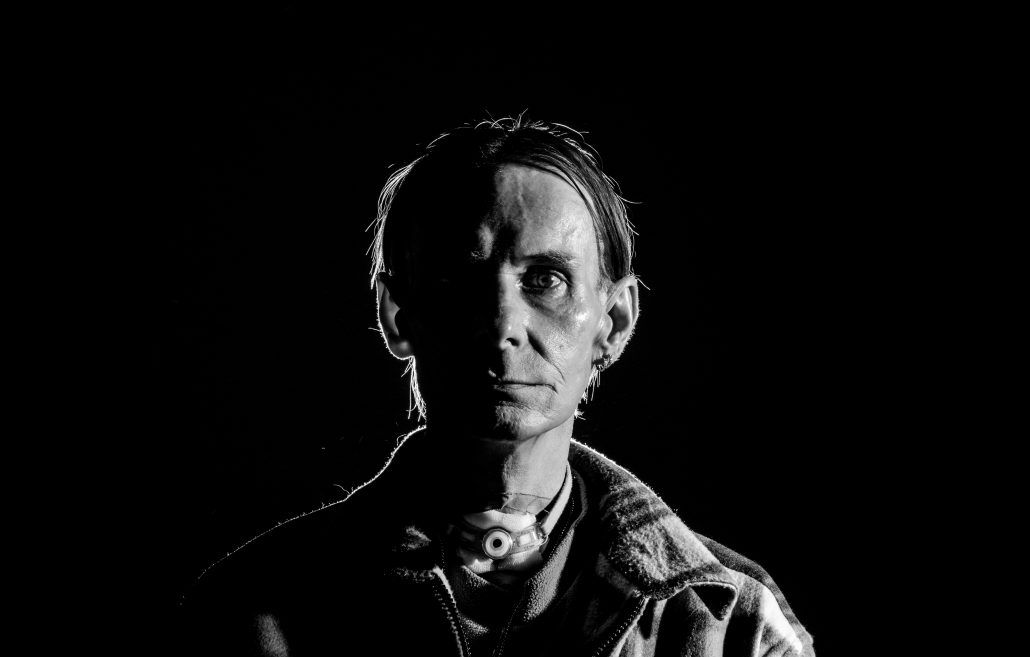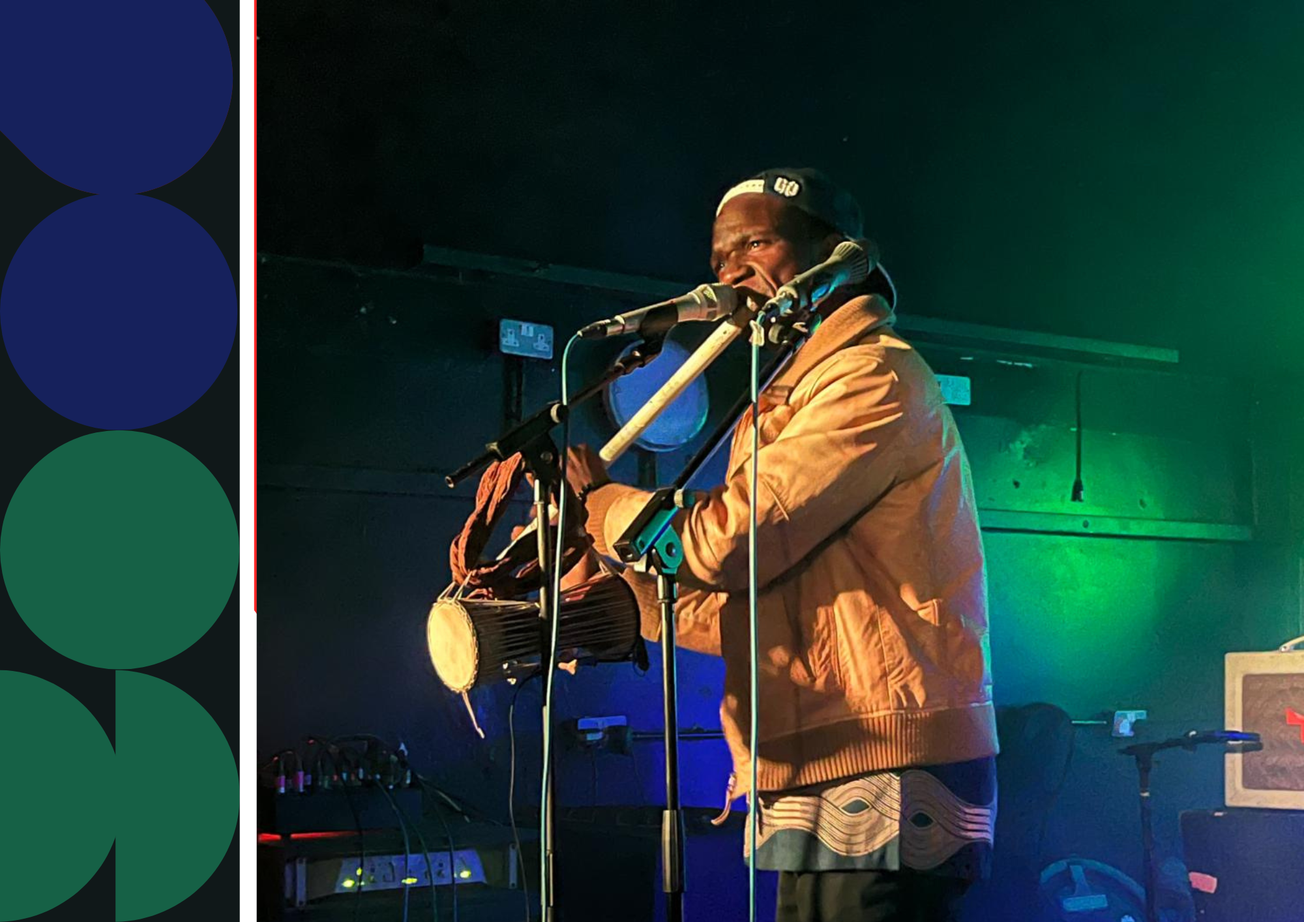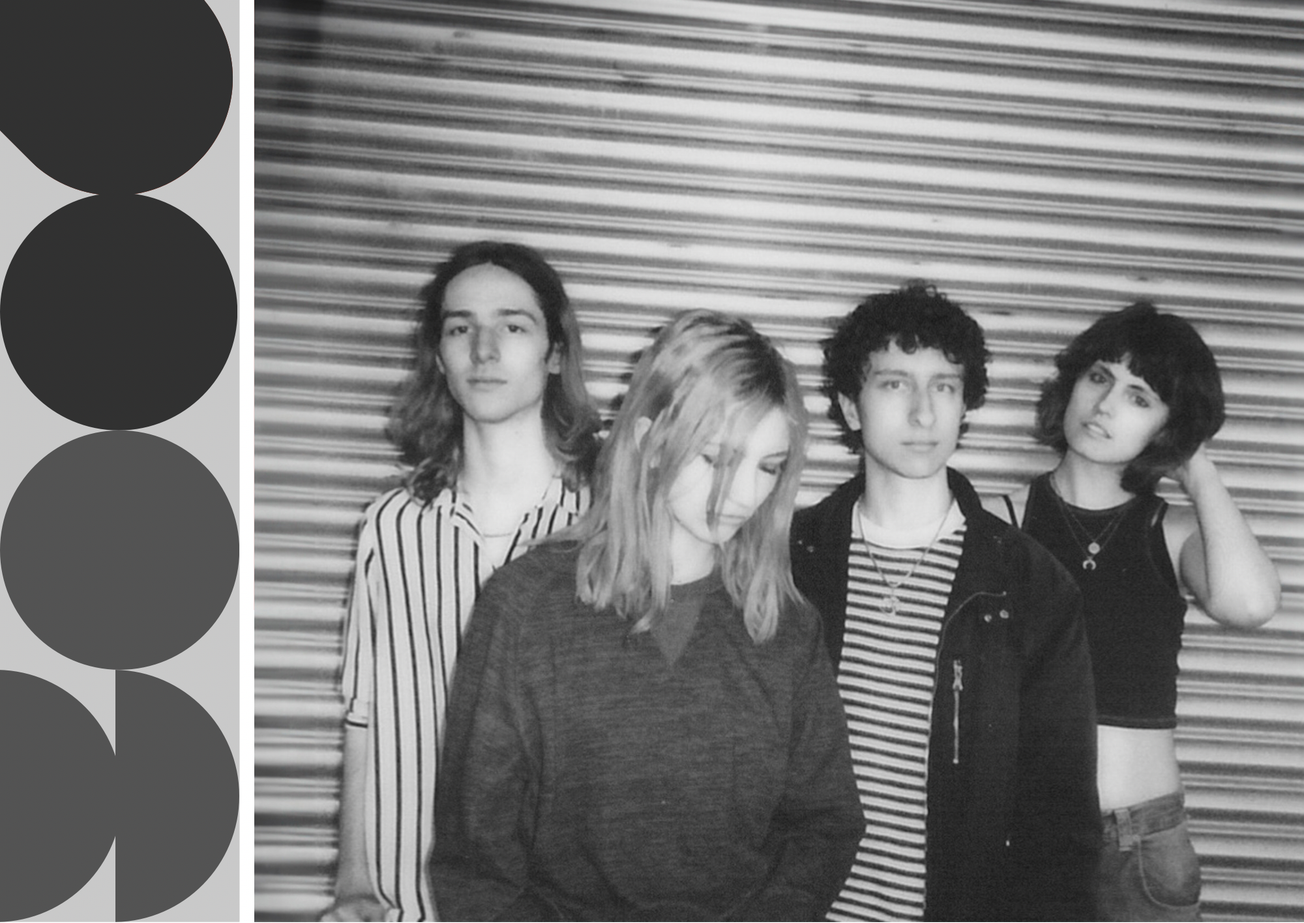By Patrick Sullivan, Film & TV Editor
The Bristol based organisation, Unchosen, have now merged with Encounters Film Festival to ensure their important work reaches a wider audience.
10 years ago, Trish Davidson set up the national anti-slavery charity, Unchosen, in Easton with the intention of using powerful short films to educate people across the country about modern slavery. Now the charity has merged with Encounters Film Festival and Unchosen’s Modern Slavery Short Film Competition has now found a new home at the annual Harbourside event.
The collection on show at Watershed on 26 September featured the best 12 short films from the history of Unchosen’s work and competitions. They ranged from What Do You See? (dir. Sally Arthur), which uses graffiti style animation and a facts based narration to explain how people get sucked into the mire of modern slavery in the UK, to The Trip (dir. Prano Bailey-Bond), a dramatisation of the true story of Hung, a young Vietnamese man brought to the UK as a slave.
Unchosen / What Do You See? (dir. Sally Arthur)
Hung’s story is particularly relevant to Bristol students. While the majority of those exploited are used for sex or forced labour, the UK illegal drug farms rely on the modern slave trade to accommodate the underground market. The awful working and living conditions are harrowing to see as Hung sleeps on the floor of the hot and humid greenhouse, tends to the cannabis plants, and gets physically abused by those forcing him into slave labour.
The film finishes with a raid of the farm and Hung’s interview with police. His poor state of mind and body, as well as a lack of English, meant that he was imprisoned for 18 months because the authorities did not understand he was enslaved. It is one of the more captivating films in the Unchosen archives. A fast, repeating cycle of Hung’s days with no natural light are a powerful representation of the lengthy maltreatment he received.
The #ModernSlaveryHelpline has had a tremendous effect on the number of victims and potential victims of slavery identified. If you see something suspicious and suspect that #modernslavery is happening near you, call 0800 0121 700 https://t.co/yX2sCAXOuI
— Unchosen (@UnchosenFilm) April 19, 2018
Twitter / @UnchosenFilm
I spoke to former CEO of Unchosen, Melissa Blackburn, after the event and she explained the decision to move their work under the Encounters brand: ‘It’s about making great quality films and reaching new audiences.’
The lack of public exposure to modern slavery means the problem is misunderstood by many, and the sheer extent of it is unknown. Melissa explains there is a ‘cycle of coercion and control like domestic violence’ which lures and traps vulnerable people - mostly foreigners, teenagers, and the homeless population under false pretence of love, work, or a better life - into unpaid work and abuse. Theresa May and Amber Rudd, former Home Secretary, have made the fight against modern slavery a priority, and Unchosen have been raising awareness in the UK and beyond for a decade now.
‘Film is a powerful way to tell difficult stories,’ Melissa says. ‘Short form works best because talks can be held around [the screening]. The films can be used for discussion.’ During their existence, Unchosen used the entries to their competitions for training members of the public to recognise telltale signs and report modern slavery they come across in their everyday lives. They have also been used to train front line workers in social care, immigration, and law enforcement. However, as major politicians begin to address the issue and implement policy changes, there is an opportunity for Unchosen’s films to gain national recognition and being part of the Encounters brand will certainly improve their impact.
Significant moment in the fight against modern slavery: Two gang members who ran a drug network in the UK have been convicted of human #trafficking in the first such use of police powers under the Modern #Slavery Act! #EndSlavery https://t.co/gDTHr0sRFe
— The Freedom Fund (@Freedom_Fund) December 14, 2017
Twitter / @Freedom_Fund
The films Slaved (dir. Christian Kinde) and Michael (dir. Jonathan Kemp) are examples of British-born citizens becoming victims of modern slavery. Slaved shows how a young Mancunian girl, now in care, has been affected after being abused and sold as a sex slave by a man with links to her family. Michael, meanwhile, tells the disturbing true story of a man who was saved from a life on the streets of Essex by a farmer only to find himself maltreated, unpaid, and violently abused in a unknown rural location. Both dispel the common myth that slavery is not a possibility in the modern British education and employment systems.
In fact, Bristol is a hub for recruitment due to its large homeless population. Hostels around the city are exploited by traffickers and opportunists to capture emotionally vulnerable people who think their luck may be about to change after a night in a clean, safe place. Avon & Somerset Police has its own modern slavery lead officers who investigate potential suspects, but many take their victims away from urban areas such as in Michael.
Two members of the Lopresti ice cream family in Bristol have been charged with a modern slavery offence. And one is facing an ABH charge.
— Tristan Cork BLive (@TristanCorkPost) October 2, 2018
Full story: https://t.co/16tNvsaK9o#Bedminster #Bristol
Twitter / @TristanCorkPost
One low-key stall you may have missed at this year’s Freshers’ Fair was the Bristol Unseen Exploitation Society (UES). The easiest way to educate yourselves on the issue is to watch all of the short films in the Unchosen archives, which are available on the Encounters website for free, but UES presents the best opportunity for students to actually get involved in raising awareness by running workshops and delivering assemblies in sixth form schools. UES President, Felix Gibson, a postgraduate Law student, tells Epigram about the impact of their work.
‘Students of all backgrounds are amazed when they learn that they have been illegally exploited in ordinary part-time jobs. We tend to see exploitation and modern slavery as issues that are remote from our everyday lives, but the truth is that illegal working practices are everywhere. We want to use education to fight modern slavery and uphold the law.’
The film industry has the power and tools to highlight important issues and educate us all. Unchosen has been a fantastic national example of this, and hopefully the support and work of Encounters Festival can improve on its success so far. Each short film leaves a huge impact on its audience, but hopefully the decision to fully embed the charity within the film industry will cause the best Unchosen films to break into mainstream media and raise much-needed awareness for modern slavery.
Featured Image: Encounters Film Festival / Unchosen Retrospective / Ivan (dir. Jan Husar)
Get involved with the fight against modern slavery with UES or watch the Unchosen collection on the Encounters website.
Facebook // Epigram Film & TV // Twitter









